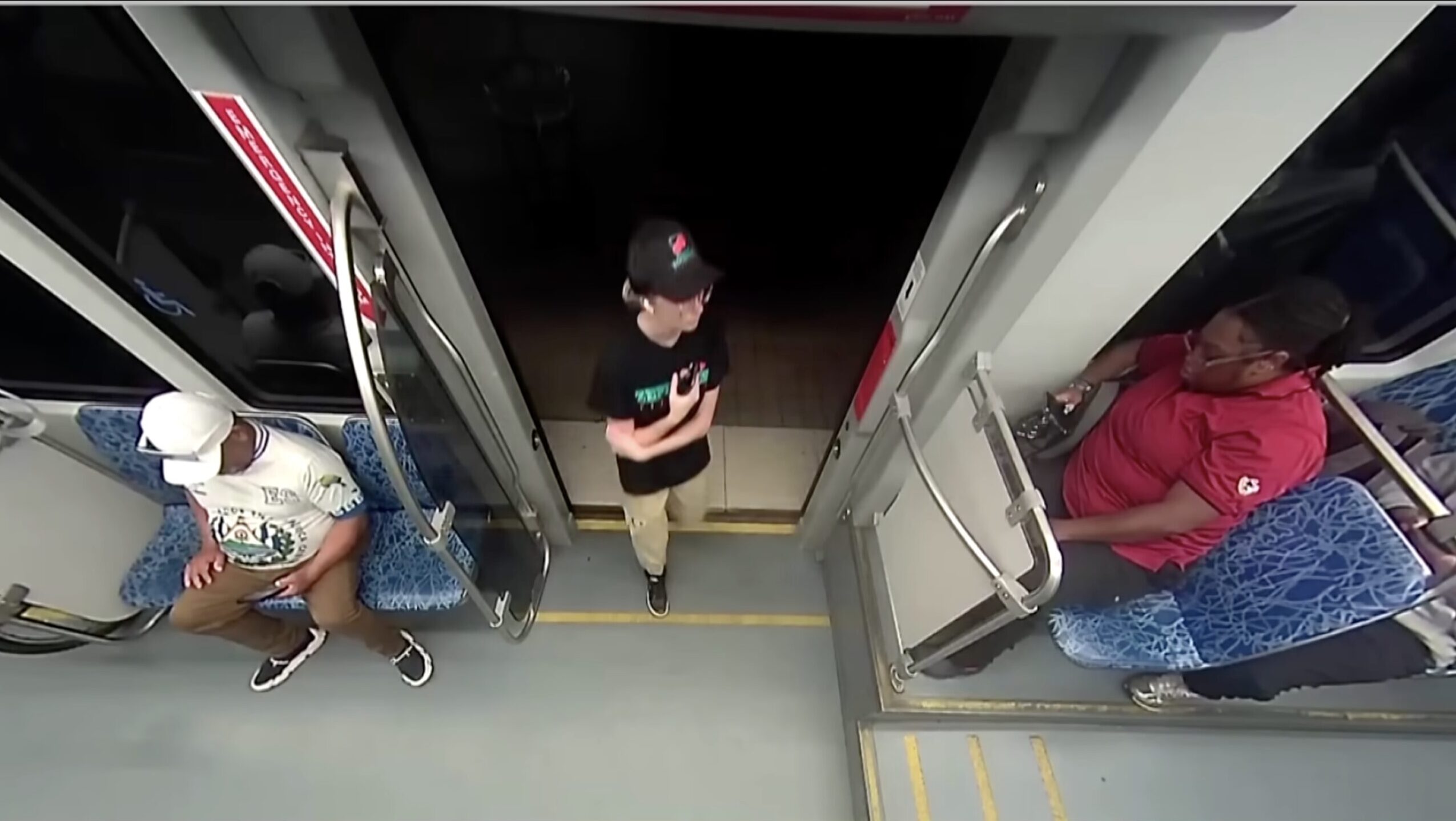The release of Decarlos Brown Jr., the suspect in the stabbing death of 23-year-old Iryna Zarutska in Charlotte, North Carolina, has prompted scrutiny of the magistrate judge who allowed him back on the streets earlier this year.
Explainer As A Former DC Cop, The Federal Takeover Was The Right Move
Magistrate Judge Teresa Stokes released Brown in January on his written promise to appear for a court hearing related to a Class 1 misdemeanor charge. This charge stemmed from an incident where Brown, diagnosed with schizophrenia, became combative with police officers. According to a letter from ten U.S. representatives to North Carolina Chief Judge Roy H. Wiggins, Brown claimed that "man-made" materials were implanted inside him and controlling his actions.
The incident escalated to Brown calling 911 multiple times, leading to his charge for misusing the emergency line. Critics argue that Stokes' decision to release him disregarded his extensive criminal history, which includes convictions for armed robbery, breaking and entering, shoplifting, and felony larceny, as well as 14 prior arrests.
"Despite the history of violent and unstable behavior, Magistrate Stokes released Brown without requiring bond or imposing any meaningful conditions to safeguard the public," the U.S. representatives stated in their letter. They are now calling for Stokes to be removed from office, citing a "willful and persistent failure to perform the duties of the office."
Brown's mother also expressed her concerns, stating that she had kicked him out of her home due to his aggressive behavior. "The court system failed my son and the community by letting him go," she said, highlighting the potential risks posed by his release.
The controversy surrounding Stokes has also drawn attention to her qualifications. Reports indicate that she attended Cooley Law School, which has been criticized for its low rankings. While it is unclear whether Stokes passed the North Carolina bar exam, she may have been admitted through the state’s Admission on Motion program, which allows attorneys to practice without passing the exam.
Eligibility requirements for magistrate judges in North Carolina are relatively lenient. Candidates need eight years of experience as a superior court clerk or law enforcement officer, or a four-year degree combined with four years of relevant work experience. Stokes’ background includes roles in social services, and she is currently the co-owner and director of Pinnacle Recovery Services, as well as a co-owner of a sober sports bar.
Supporters of Stokes argue that her experience in social services may provide valuable insights into the challenges faced by individuals with mental health issues. However, critics maintain that her qualifications do not justify her decision in this case.
The implications of Brown's release are significant, as the community grapples with the aftermath of Zarutska's death. The U.S. representatives' letter emphasized that Stokes' actions had "devastating consequences," raising questions about the effectiveness of the judicial system in handling cases involving individuals with a history of violence.
As the investigation continues, the focus remains on the balance between public safety and the rights of individuals with mental health issues. The case highlights ongoing debates about judicial discretion and the standards for magistrate judges in North Carolina.
In light of these events, the community is calling for a review of the policies governing the release of individuals with extensive criminal backgrounds and mental health issues. The outcome of this case may prompt broader discussions about judicial accountability and the protection of public safety.
Why it matters
- Decarlos Brown Jr.'s release raises concerns about judicial discretion and public safety, especially given his violent history.
- The case highlights potential flaws in the qualifications and decision-making of magistrate judges in North Carolina.
- The community is reacting strongly to the implications of Brown's release, particularly after the tragic death of Iryna Zarutska.
- U.S. representatives are calling for the removal of Magistrate Judge Teresa Stokes, citing her failure to safeguard the public.
What’s next
- A review of policies regarding the release of individuals with criminal backgrounds and mental health issues is being called for.
- U.S. representatives may pursue further actions against Judge Stokes, including potential investigations.
- Community forums may be organized to discuss judicial accountability and public safety measures.

